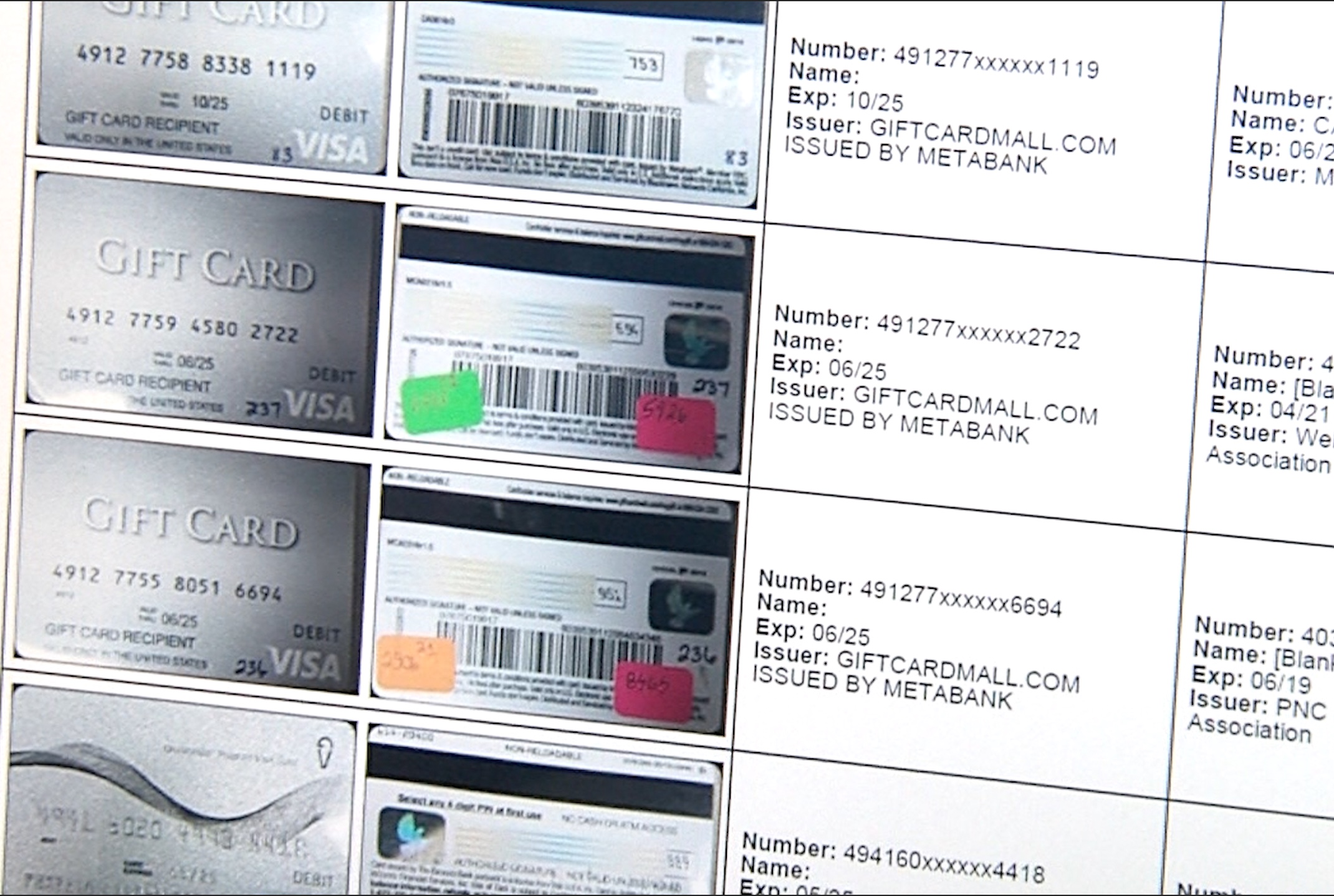
The Electronic Recovery and Access to Data (ERAD) Prepaid Card Reader is currently being used by state and local law enforcement in 48 states, by federal law enforcement agencies, and by international law enforcement agencies. Law enforcement officers use the ERAD Prepaid Card Reader to determine if suspicious cards — bank credit and debit cards, retail gift cards, library cards, hotel keys, even magnetic-striped metrorail cards — are loaded with funds — and then freeze those funds to allow time to determine if the funds are from criminal activities.
“This has been a very successful program for DHS S&T,” explained S&T Program Manager Bill Deso. “Prior to ERAD, law enforcement officers had no way to quickly obtain information about the stacks of suspect cards they routinely observed during their daily activities. Now, law enforcement officials can swipe cards and put a temporary hold on the funds until a full investigation may be completed.”
The video, shown below, provides updates on the ERAD Prepaid Card Reader technology, which has been commercially available since 2015. Developed by an industry partner in collaboration with DHS S&T, Department of Justice, Homeland Security Investigations, and other DHS component agencies, ERAD has been instrumental in the recovery of millions of fraudulently-obtained dollars and has significantly reduced the time it takes for law enforcement officials to investigate and process cases involving suspicious magnetic-striped cards.
Watch ERAD Full Length Video
“This past year, we had a case that included 19,000 card numbers, that number was too much for us to be able to physically process,” explains Detective Vince Porter of the Fairfax County (Virginia) Financial Crimes Unit. “With ERAD, we were able to run all the numbers through the desktop application. ERAD then provided a detailed report on the status of each card and which banks had been victimized by the suspects in the case.”
In the past, law enforcement investigators had to contact each bank individually to determine the status of a card: lost, stolen, bogus or cloned. To process 6,000 cards, for example, it could take upwards of nine months to contact each individual bank and verify each card. Investigators needed a more efficient way to process these larger quantities of cards that were being confiscated. Using ERAD, this process now takes a matter of minutes. ERAD provides a batch-processing feature that allows investigators to input a file containing all the card numbers at once and receive a generated report on the status of each individual card within three to five minutes depending on the size of the file. This feature has reduced the number of man-hours spent on individual cases, allowing officers to investigate more financial crimes in a timelier manner.
Reid Pixler, Mariposa County (Arizona) Deputy County Attorney, confirms 100% success using ERAD Prepaid Card Reader. “The detective and the case agent investigating the case have available to them a downloaded image of all the data regarding the card numbers, all the identifying information that is necessary. It is printed out and becomes an exhibit to the warrant, to the affidavit and then to the return. We don’t have to worry about any kind of numerical transposition by the agent; it speeds our ability to get to the court very quickly and is guaranteed as an error-free application.”


